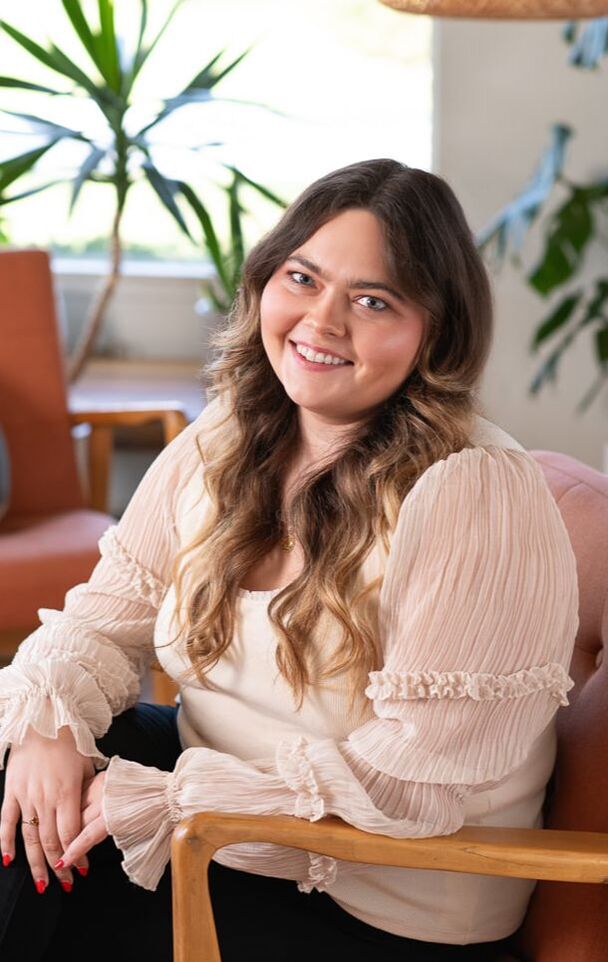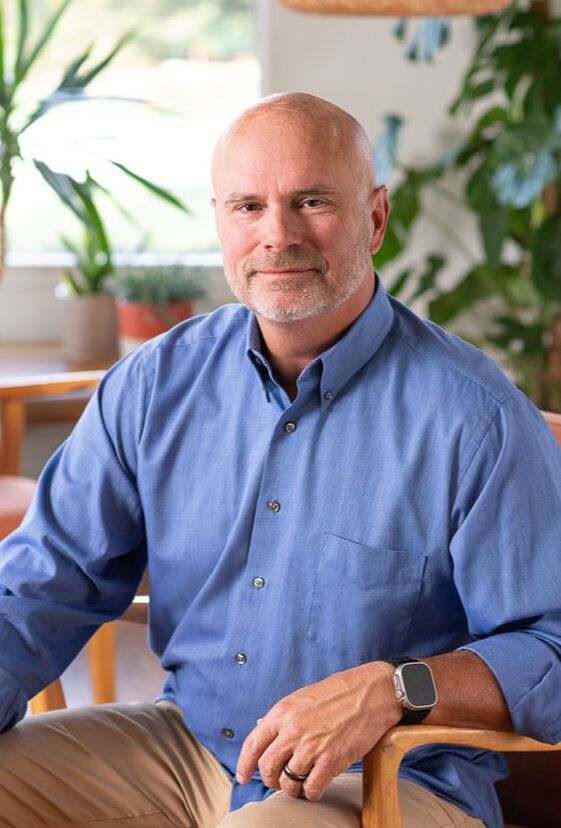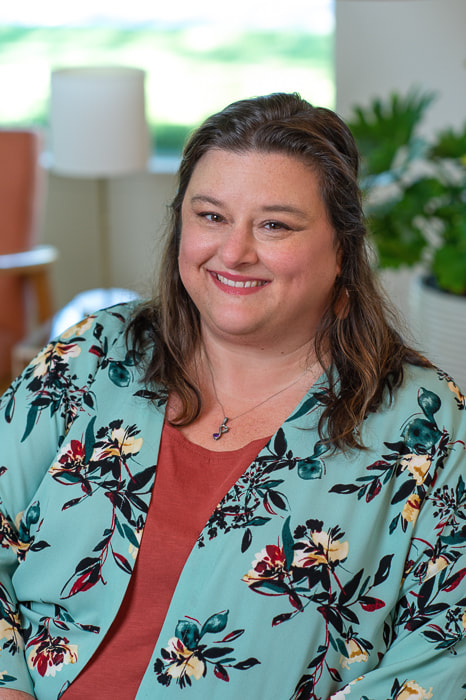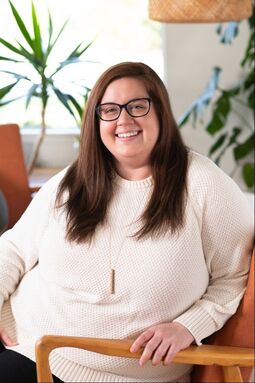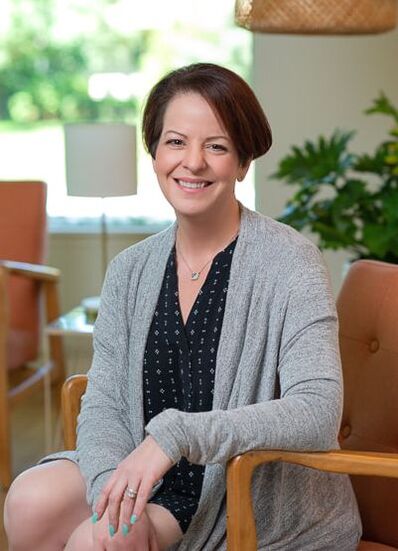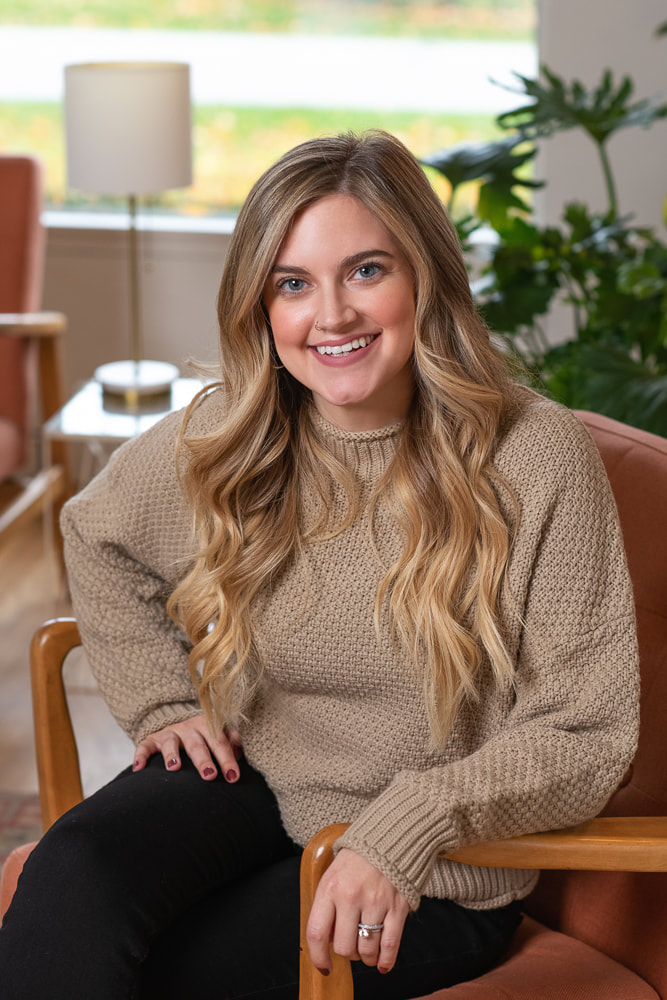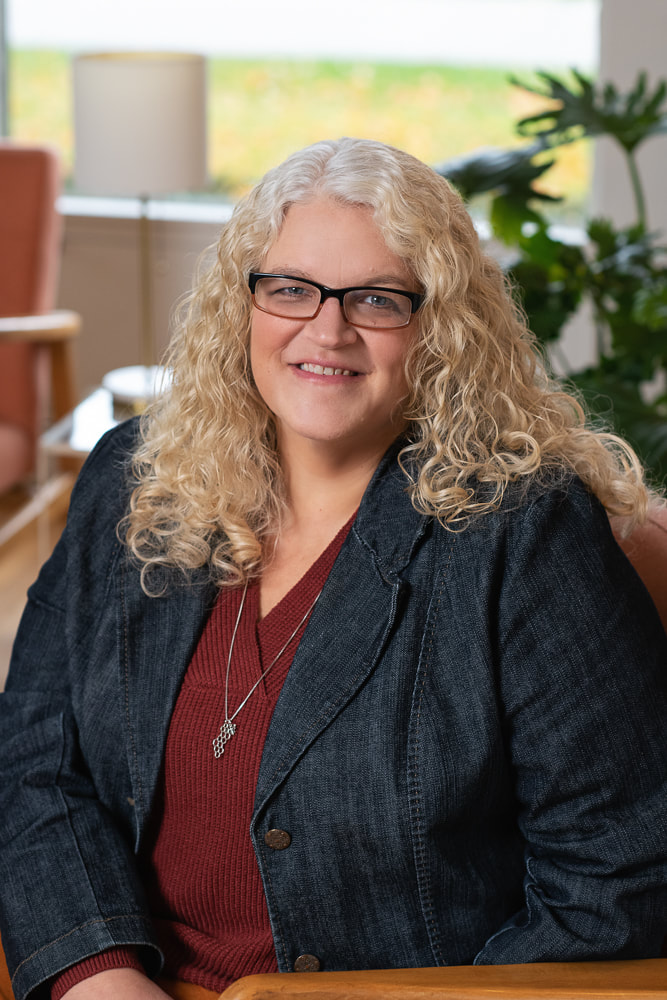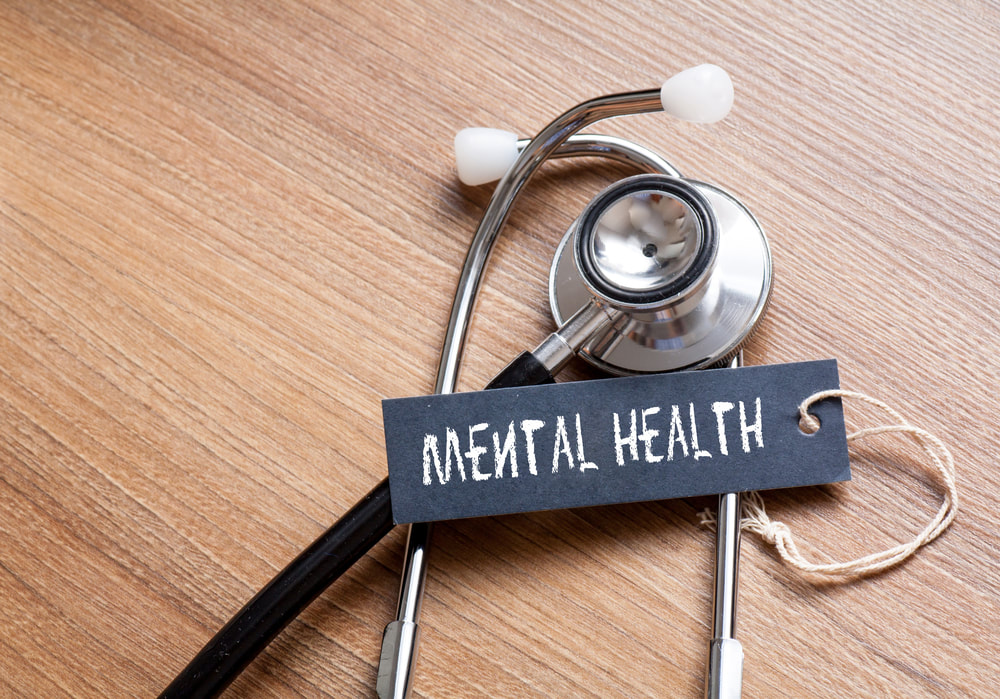Depression and Major Depressive Disorder (MDD)
|
If you are interested in counseling for Depression and Major Depressive Disorder (MDD), call OakHeart at 630-570-0050 or 779-201-6440 or email us at [email protected]. We have counselors, psychologists, and social workers available to help you at one of our locations in North Aurora, IL, Sycamore, IL, and/or via Telehealth Online Therapy Services serving Kane County, DeKalb County, Dupage County, and beyond.
What is Depression?Major depression (also known as Major Depressive Disorder; MDD) is one of the most common mental disorders in the United States. For some individuals, major depression can result in severe impairments that interfere with or limit one’s ability to carry out major life activities. Research suggests that depression is caused by a combination of genetic, biological, environmental, and psychological factors. Although different individuals experience different symptoms of depression, some of these symptoms include:
|
Two of the most common forms of depression include Major Depressive Disorder and Persistent Depressive Disorder (Dysthymia). Major Depressive Disorder is when an individual experiences depressive symptoms, as listed above, nearly every day for two weeks that interfere with one’s life. An individual may experience one of these depressive episodes during their life or experience multiple episodes throughout their life. Dysthymia is diagnosed after an individual experiences depressive symptoms for two years. An individual with dysthymia may experience major depressive episodes as well as periods of time with less severe symptoms.
How is Depression Treated?
While the severity of depression can vary in each individual, it is important that an individual talk with a medical doctor, counselor, psychiatrist, social worker, or a psychologist to discuss the symptoms they’re experiencing. Depression can be treated with medication or psychotherapy or a combination of both of these. There are a number of evidence-based therapies to address depressive symptoms which include (but are not limited to): Cognitive Behavioral Therapy (CBT), Acceptance and Commitment Therapy (ACT), Emotion-Focused Therapy (AFT), Dialectical Behavioral Therapy (DBT), Mindfulness-Based Cognitive Therapy (MBCT) and Behavioral Activation (see our behavioral activation blog below).
Cognitive-Behavioral Therapy (CBT): Cognitive Behavioral Therapy includes many components and is based on the principle that thoughts/beliefs (Cognitions), emotions, physical symptoms, and behaviors are all intricately related. Helping someone feel better in CBT will typically involve changing unhelpful thoughts/beliefs (Cognitions), emotions, and behaviors via a variety of tools such as cognitive restructuring, emotion regulation and distress tolerance skills, mindfulness, behavioral activation, coping skill development, interpersonal effectiveness skill refinement, trauma processing, etc. CBT is considered a Evidence-Based Practice (EBP)/an Empirically Supported Treatment and is the gold-standard treatment approach across many client concerns. In depression, the main beliefs targeted for change involve beliefs regarding the self, others, and the world that tend to reflect self-deprecation, hopelessness, inadequacy, unworthiness, and expectations of rejection and disappointment. Behavioral targets for change tend to involve changing avoidant patterns such as isolation, withdrawal, and rumination and other escape related cognitions.
Acceptance and Commitment Therapy (ACT): ACT is considered a mindfulness-based Cognitive Behavioral Therapy and one of the goals of ACT is to achieve psychological flexibility. Psychological flexibility is achieved via various key concepts such as Defusion, Expansion, Connection (Mindfulness Principles), Valued Identification, and Committed Action (Behavioral Principles). Defusion refers to the way in which an individual relates to their thoughts. In ACT, the goal is to not "stick" to your thoughts, including painful and distressing thoughts, and to take a more observing approach. Expansion refers to making room for all kinds of emotional and physiological experiences, including unpleasant and distressing ones, as opposed to trying to push them away, avoid them, or run from them. The concept of connection represents being fully present and connected in the moment as opposed to being stuck in the past (e.g., ruminating), or the future (e.g., worrying). Values identification involves working closely with your therapist on clarifying what is most important to you in your life and what gives your life meaning, and then committing (Committed Action) to living your life in a way that is consistent with what you value. ACT typically uses many metaphors as a way to help client's relate to and understand concepts (e.g., the quicksand analogy - stopping the struggle, regardless of how instinctive it is, and trying something different or even opposite).
Mindfulness Based Cognitive Therapy (MBCT): Is an approach that combines elements of traditional cognitive therapy practices with mindfulness practice and principles. Via mindfulness practice, the goal is to increase awareness of patterns of one's own mind and mood and catch and prevent a negative mood spiral/cycle before it happens or shortly after. Emphasis is placed on being present in the here and now and taking a non-judgmental, compassionate stance towards ones thoughts, emotions, and experiences.
Behavioral Activation (BA): Changing behaviors is one of the core goals in CBT, as it is thought that behavioral change allows for healthy corrective experiences that can alter unhealthy beliefs about the self, world (including others), and one’s future. Avoidance and withdrawal, some of the key features of depression and other disorders, inhibits an individual's opportunity and ability to obtain corrective experiences and positive reinforcement from their environment. Therefore, Behavioral Activation involves encouraging “activation” and participation in “anti-depressant” activities…interaction with one’s environment in a way that offers opportunities for positive reinforcement and increases in self-efficacy (a person’s belief in their ability to exert control over their lives and their world). In behavioral activation treatment, a clinician might work with a client on identifying activities/behaviors that they want to include on a task list (e.g., behaviors that are consistent with one's values, behaviors that are pleasurable, behaviors that are naturally reinforcing, behaviors likely to increase mood, etc.) and work on taking small steps towards integrating these behaviors into the client's life. Client's will also monitor their mood and behaviors overtime to obtain evidence regarding the relationship between the choices they make and their mood.
Our clinicians at OakHeart are proud to offer evidence-based treatment options for depression. Call 630-570-0050 to schedule an appointment today.
Cognitive-Behavioral Therapy (CBT): Cognitive Behavioral Therapy includes many components and is based on the principle that thoughts/beliefs (Cognitions), emotions, physical symptoms, and behaviors are all intricately related. Helping someone feel better in CBT will typically involve changing unhelpful thoughts/beliefs (Cognitions), emotions, and behaviors via a variety of tools such as cognitive restructuring, emotion regulation and distress tolerance skills, mindfulness, behavioral activation, coping skill development, interpersonal effectiveness skill refinement, trauma processing, etc. CBT is considered a Evidence-Based Practice (EBP)/an Empirically Supported Treatment and is the gold-standard treatment approach across many client concerns. In depression, the main beliefs targeted for change involve beliefs regarding the self, others, and the world that tend to reflect self-deprecation, hopelessness, inadequacy, unworthiness, and expectations of rejection and disappointment. Behavioral targets for change tend to involve changing avoidant patterns such as isolation, withdrawal, and rumination and other escape related cognitions.
Acceptance and Commitment Therapy (ACT): ACT is considered a mindfulness-based Cognitive Behavioral Therapy and one of the goals of ACT is to achieve psychological flexibility. Psychological flexibility is achieved via various key concepts such as Defusion, Expansion, Connection (Mindfulness Principles), Valued Identification, and Committed Action (Behavioral Principles). Defusion refers to the way in which an individual relates to their thoughts. In ACT, the goal is to not "stick" to your thoughts, including painful and distressing thoughts, and to take a more observing approach. Expansion refers to making room for all kinds of emotional and physiological experiences, including unpleasant and distressing ones, as opposed to trying to push them away, avoid them, or run from them. The concept of connection represents being fully present and connected in the moment as opposed to being stuck in the past (e.g., ruminating), or the future (e.g., worrying). Values identification involves working closely with your therapist on clarifying what is most important to you in your life and what gives your life meaning, and then committing (Committed Action) to living your life in a way that is consistent with what you value. ACT typically uses many metaphors as a way to help client's relate to and understand concepts (e.g., the quicksand analogy - stopping the struggle, regardless of how instinctive it is, and trying something different or even opposite).
Mindfulness Based Cognitive Therapy (MBCT): Is an approach that combines elements of traditional cognitive therapy practices with mindfulness practice and principles. Via mindfulness practice, the goal is to increase awareness of patterns of one's own mind and mood and catch and prevent a negative mood spiral/cycle before it happens or shortly after. Emphasis is placed on being present in the here and now and taking a non-judgmental, compassionate stance towards ones thoughts, emotions, and experiences.
Behavioral Activation (BA): Changing behaviors is one of the core goals in CBT, as it is thought that behavioral change allows for healthy corrective experiences that can alter unhealthy beliefs about the self, world (including others), and one’s future. Avoidance and withdrawal, some of the key features of depression and other disorders, inhibits an individual's opportunity and ability to obtain corrective experiences and positive reinforcement from their environment. Therefore, Behavioral Activation involves encouraging “activation” and participation in “anti-depressant” activities…interaction with one’s environment in a way that offers opportunities for positive reinforcement and increases in self-efficacy (a person’s belief in their ability to exert control over their lives and their world). In behavioral activation treatment, a clinician might work with a client on identifying activities/behaviors that they want to include on a task list (e.g., behaviors that are consistent with one's values, behaviors that are pleasurable, behaviors that are naturally reinforcing, behaviors likely to increase mood, etc.) and work on taking small steps towards integrating these behaviors into the client's life. Client's will also monitor their mood and behaviors overtime to obtain evidence regarding the relationship between the choices they make and their mood.
Our clinicians at OakHeart are proud to offer evidence-based treatment options for depression. Call 630-570-0050 to schedule an appointment today.
OakHeart Depression Counselors, Psychologists, and Social Workers
|
|
|
|
|
|
|
|
|
|
|
|
|
|
|
|
|
|
|
|
Depression Related Blogs:
|
Specifically, changing behaviors is one of the core goals in CBT, as it is thought that behavioral change allows for healthy corrective experiences that can alter unhealthy beliefs about the self, world (including others), and one’s future. Avoidance and withdrawal, some of the key features of depression and other disorders, inhibits an individual's opportunity and ability to obtain corrective experiences and positive reinforcement from their environment. Therefore, behavioral activation treatment involves encouraging “activation” and participation in “anti-depressant” activities…interaction with one’s environment in a way that offers opportunities for positive reinforcement and increases in self-efficacy (a person’s belief in their ability to exert control over their lives and their world)...(to read more, click on the link above).
|
|
Depression can include, but is not limited to, feelings of sadness and/or a loss of interest in activities you once enjoyed, fatigue, feelings of hopelessness, poor sleep patterns, as well as suicidal ideations. People who live with depression may find themselves engaging in behavioral patterns and avoiding certain tasks, both healthy and unhealthy. Many individuals with depression find that there are more days than not when they do not have the energy or motivation to shower, brush their teeth, change their underwear, tidy up the house, or wash a pile of dirty dishes. What are normal daily habits for others, can seem unobtainable for those with depression...(to read more, click on the link above).
|
|
Mental Health Hygiene is much like physical hygiene, consistently practiced activities that help ensure both short-term and long-term health and contribute to our quality of life. The following are 4 categories I believe are important components of good mental health hygiene and ones I teach to my clients regularly...(to read more, click on the link above).
|
|
Welcome to the month of Men’s Health! This week of June 12-18 is particularly focused on discussing men’s health and ways to support men in improving quality of life across all domains: mental health, physical health, social health, spiritual health, financial health. Men’s mental health is everyone’s responsibility. According to the American Foundation for Suicide Prevention, ”the rate of suicide is highest in middle aged white men. In 2021, men died by suicide 3.90x more than women. White males accounted for 69.68% of suicide deaths in 2021.” This sobering statistic offers an opportunity to openly discuss suicide prevention and the mental health struggles that can plague men in silence...(to read more, click on the link above).
|
|
All of your experiences matter. Not just the ones we proudly speak to, even the ones we’d rather forget, bury deeply within ourselves and attempt to forge ahead in spite of them. Your past can be a prison or a pathway, the decision is yours to make and yours alone. On that pathway though, positive defiance awaits, with the ambition to reshape and repurpose those negative situations into something that stops the harm cycle and ushers in a healing cycle that’s beyond comprehension. So get after it, let’s get defiant with our past!..(to read more, click on the link above).
|
|
The concept of boundaries has seemed to take off in the social media realm and in therapy offices alike. The Merriam-Webster Dictionary defines a boundary as “something that indicates or fixes a limit or extent.” Boundaries apply to things like property lines and city limits, and they also apply to both intrapersonal and interpersonal relationships. Boundaries are an opportunity to determine how and when we will utilize our innate and external resources such as emotional capacity, verbal and non verbal communication, time, and money, to name a few things, when we relate to ourselves and other people in our lives, for the purpose of creating and maintaining safe and satisfying relationships...(to read more, click on the link above).
|





